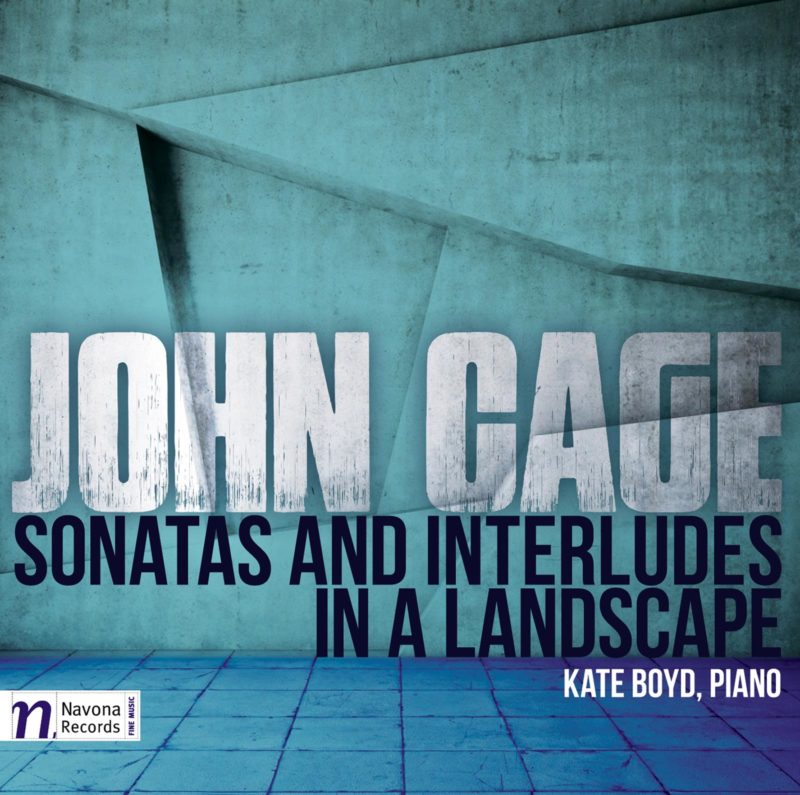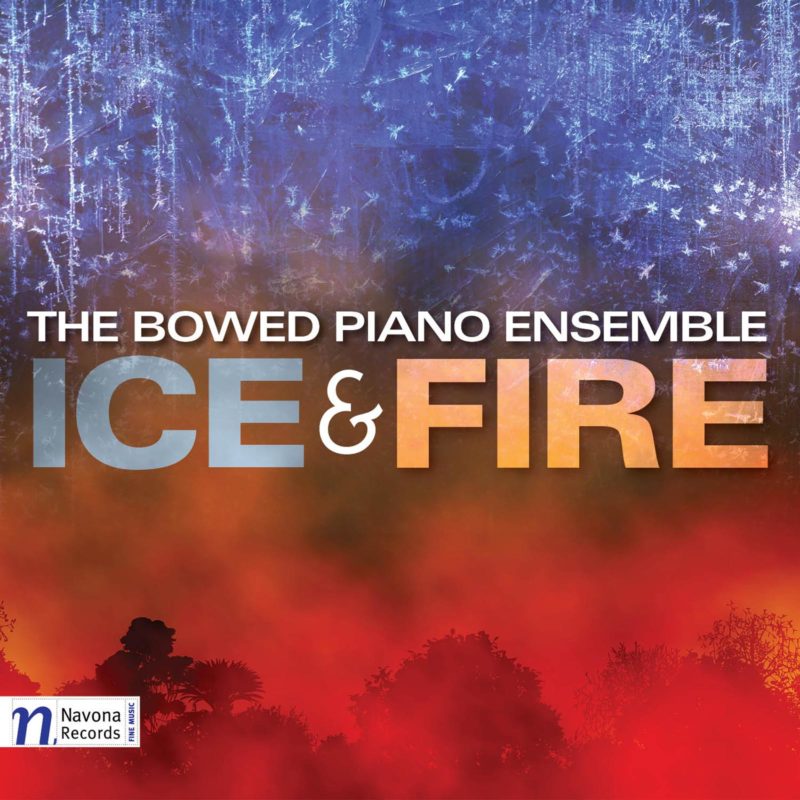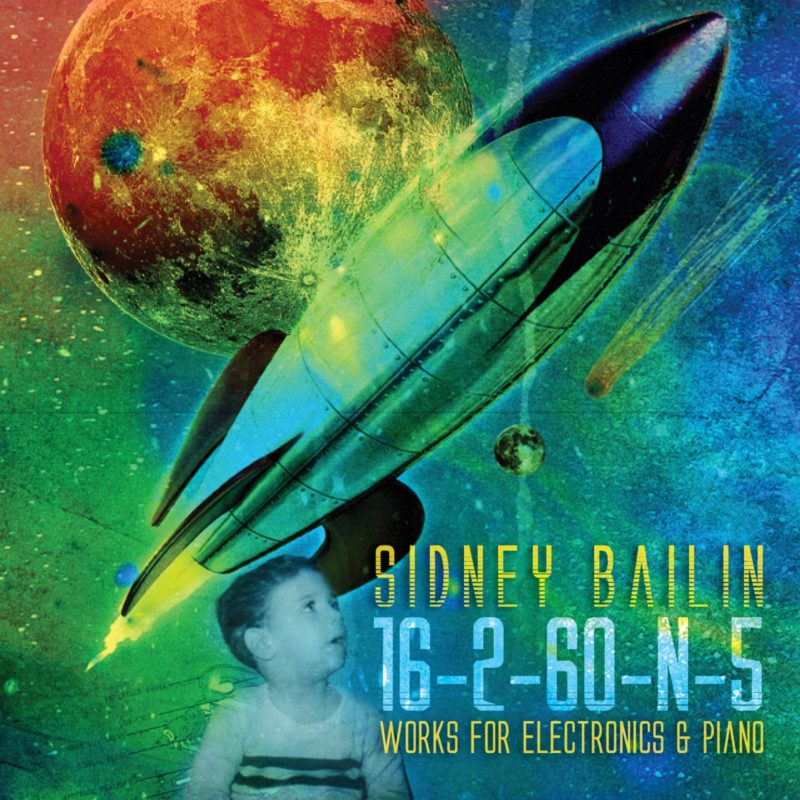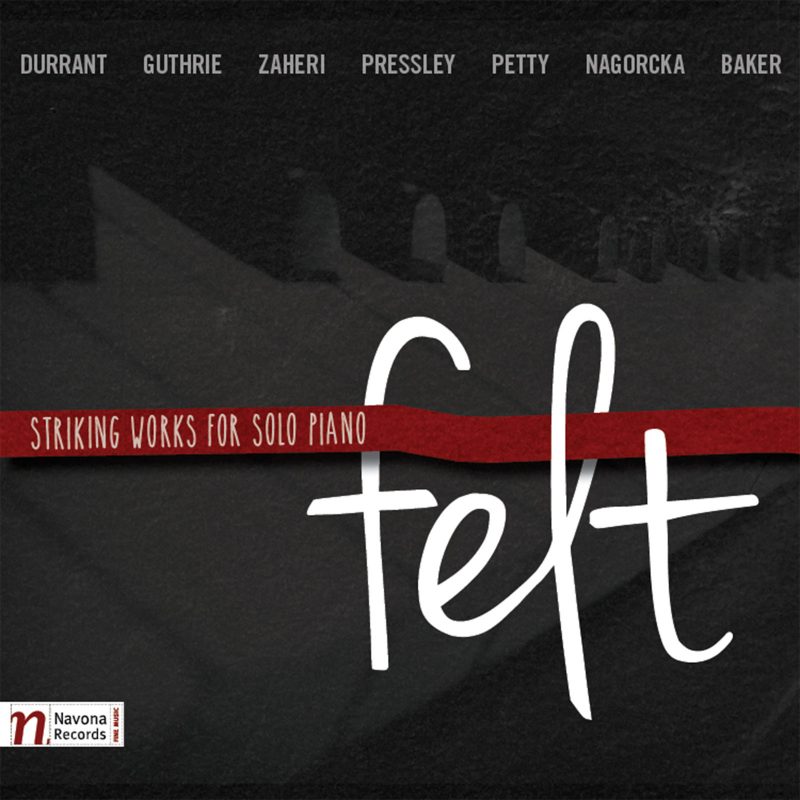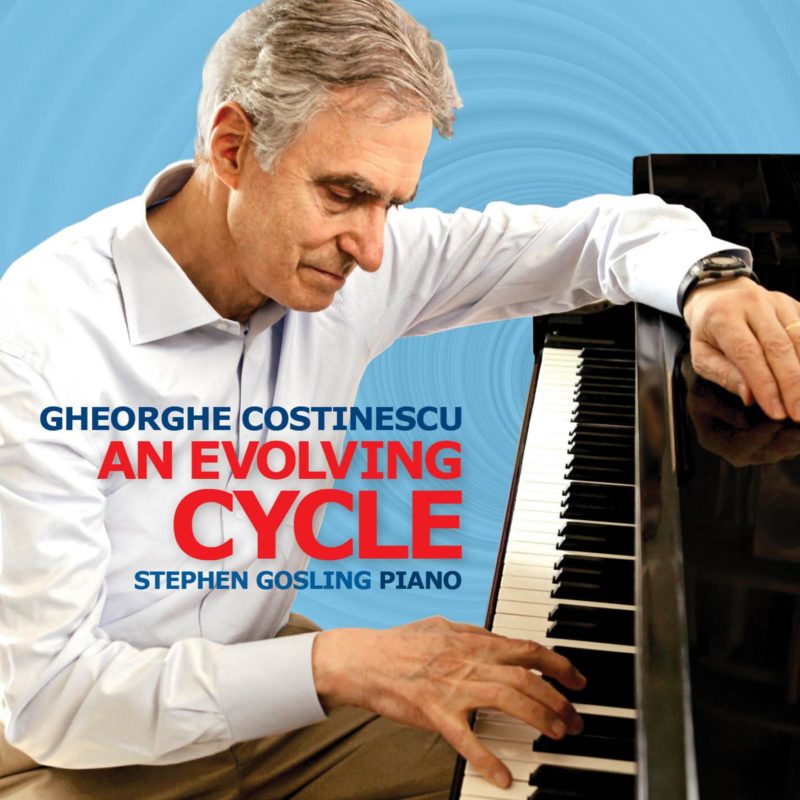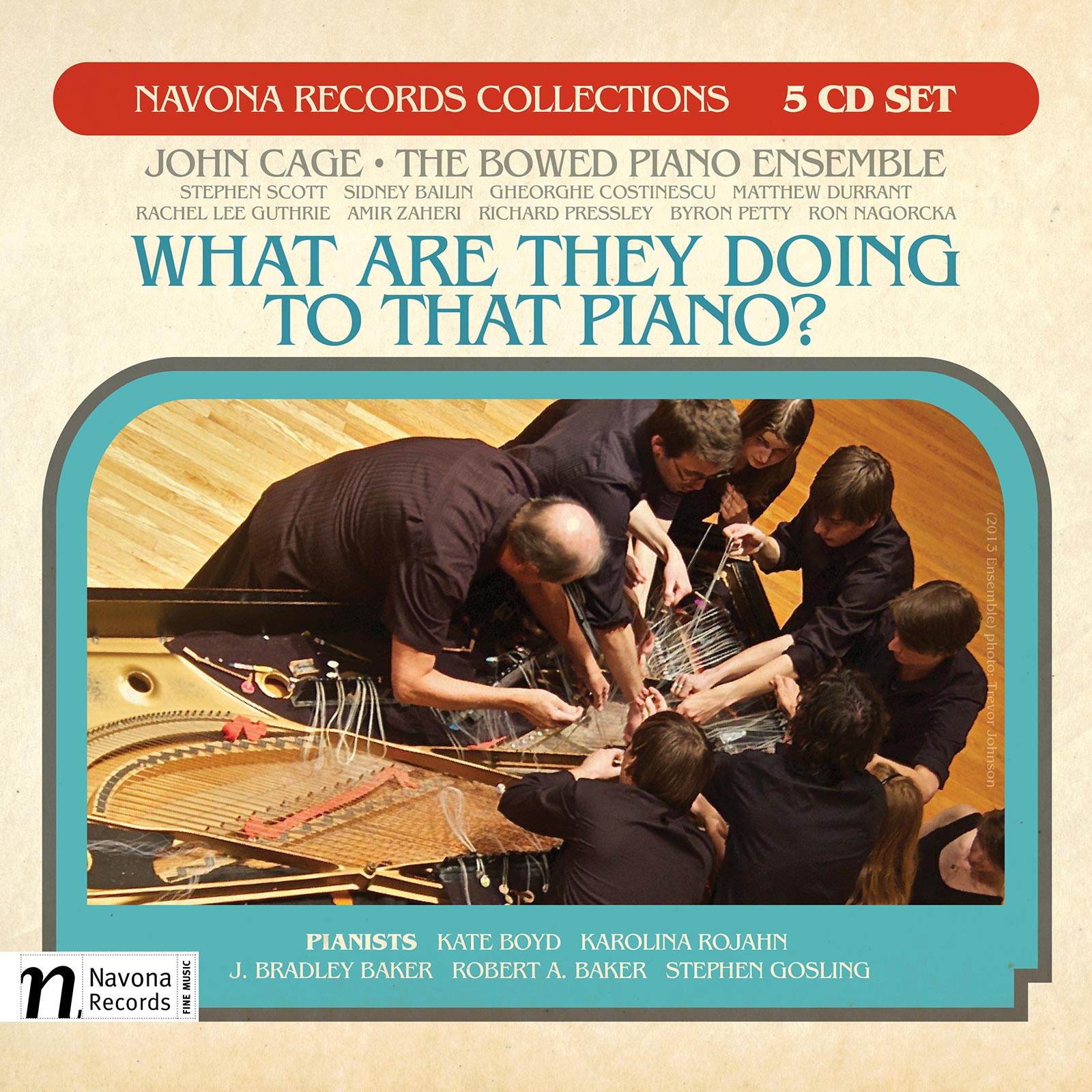
Share Album:
What Are They Doing To That Piano?
John Cage
The Bowed Piano Ensemble
Stephen Scott
Sidney Bailin
Gheorghe Costinescu
Matthew Durrant
Rachel Lee Guthrie
Amir Zaheri
Richard Pressley
Byron Petty
Ron Nagorcka
From Navona Records comes an exciting new CD bundle of five previous releases featuring the piano at its most prepared and extended. WHAT ARE THEY DOING TO THAT PIANO? features composers and artists dedicated to finding the most adventurous and compelling sounds that the piano has to offer. Opening with SONATAS AND INTERLUDES IN A LANDSCAPE, composed by John Cage, the virtual godfather of prepared piano, and performed by the virtuosic Kate Boyd, this CD bundle contains one of the most eclectic collections of solo piano music a listener will ever encounter.
ICE & FIRE, first released in November 2013 by Navona Records, features six compositions by Stephen Scott for the Bowed Piano Ensemble, including Afternoon of a Fire, written for bowed piano and improvised Native American Flute in memory of a wildfire that occurred in his native Colorado. The album also includes experimental works that interpret the concept of drones, a piece with five miniatures for bowed piano, and Scott’s first written piece for voice and bowed piano.
Originally released on Ravello Records in May 2016, 16-2-60-N-5: WORKS FOR ELECTRONICS & PIANO, by composer and pianist Sidney Bailin, shows how musical technique can exist solely to help him tell his secrets. A combination of piano and electroacoustic works, 16-2-60-N-5 transforms patterns and structures into a viscerally and emotionally gripping sound experience.
FELT, a compilation for solo piano first offered by Navona Records in February 2015, presents the works of a number of composers including Matthew Durrant and Byron Petty. With each composer comes a subtly different perception of what the piano is capable, a degree of variation that presents itself repeatedly in the kaleidoscopic collection of pieces included on this release.
On AN EVOLVING CYCLE, Gheorghe Costinescu’s second Ravello Records album, first released in November 2013, the composer explores the manner in which keyboard idioms evolved from Baroque to 21st-Century contemporary, charting the evolution of form and technique with a deft control of style.
Throughout this five-disc collection, the composers and performers run the gamut of stylistic and physical variations possible for the piano and its repertoire. It seems only fitting that these albums would ultimately be combined into a single compendium of the piano at its finest, and we are pleased to finally offer, in collected form, WHAT ARE THEY DOING TO THAT PIANO?.
5 CD Box Set
Artist Information
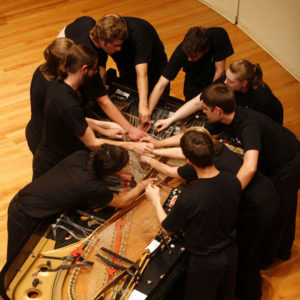
Bowed Piano Ensemble
The Bowed Piano Ensemble, founded by composer Stephen Scott at Colorado College in 1977, has evolved into a small experimental-music orchestra whose ten players conjure, from one open grand piano, long, singing lines, sustained drones, chugging accordion-like figures, crisp staccato tones reminiscent of clarinets, deep drum tones and more, often simultaneously, to create a rich, contrapuntal new-chamber-music tapestry.
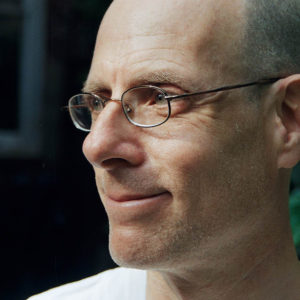
Sidney Bailin
Sidney Bailin started composing when he was 6. His first piece was in three-part counterpoint, a fact that he still cannot explain. Imitative counterpoint remains a defining characteristic of his music, perhaps because of his early exposure to species counterpoint, which he learned formally at the age of 10.
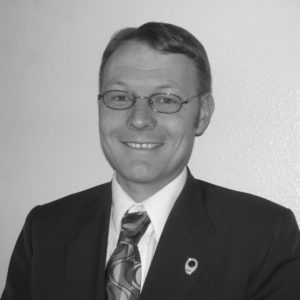
Matthew Durant
Matthew Durrant's music has been performed throughout the United States at festivals, conferences, and recitals. His style is very melodic and can be thought of as neo-tonal. While his music is generally triadic in nature, its richness is expanded by borrowing from beyond the diatonic realm and employing tonality in unconventional ways.
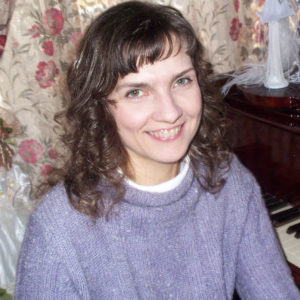
Rachel Lee Guthrie
Rachel Lee Guthrie was born on November 3, 1979 in Des Moines IA. From an early age, she played the piano by ear and resisted formal lessons until the age of fourteen when she began studying with various college-level instructors. In 2004, Guthrie earned a degree in piano pedagogy from Drake University, graduating cum laude. Her passion has always been for Baroque, Classical, Romantic, and Impressionist masters, and she has composed a number of new pieces in the classical tradition as well as works in a contemporary style.
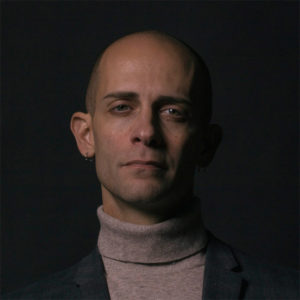
Amir Zaheri
Dr. Amir Zaheri (b. 1979) is the musical director and conductor of the University of Alabama Contemporary Ensemble, which is committed to performing music of the 20th and 21st centuries, including masterworks by established composers, music by emerging composers, and the music of University of Alabama student and faculty composers. He also serves as full time instructor of composition and theory, maintaining a full studio of student composers. Immediately prior to his appointment, Zaheri held the distinguished Narramore Fellowship at the University of Alabama, in Tuscaloosa, where he received the Doctor of Musical Arts degree in Music Composition in 2013. At UA, Zaheri studied under the primary tutelage of C.P. First and received additional instruction from Peter Westergaard.

Richard Pressley
Richard Pressley (b. 1970) has enjoyed performances of his music at festivals and concerts in the United States, Europe, even Brazil and Australia, by such performers and ensembles as the JACK Quartet, the Minnesota Orchestra, Claire Edwardes, thingNY, Patrick Crossland, ensemble platypus, Richard Ratliff, the dissonArt ensemble, the Moran Quintet, the Definiens Project, and counter)induction, among others.
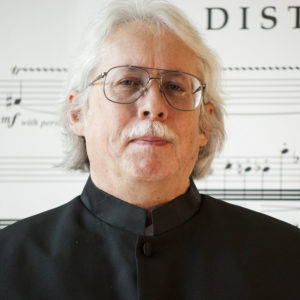
Byron Petty
Flutist, pianist, composer, and conductor Byron W. Petty holds a BM in flute performance from the Peabody Conservatory of Johns Hopkins University, where he studied with the noted flutist Britton Johnson. He has served as Instructor of Piano at Roanoke College and Instructor of Flute and Piano at Southern Virginia University. He is a Lecturer in Music and has taught courses in Composition and Musical Analysis as Visiting Assistant Professor of Music at Washington and Lee University. From 1995-2002, Petty was the Conductor/Music Director of the Eurydice Community Orchestra of Roanoke and subsequently, the Artistic Director from 2002 through 2003.
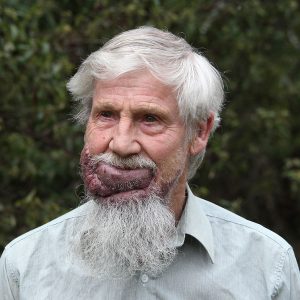
Ron Nagorcka
Ron Nagorcka (born 1948) composes in his hand-built solar-powered studio in a remote forest in Tasmania (the island state off Australia's south coast) where the natural world provides him with much of his inspiration. He has been exploring both music and nature since his childhood on an Australian sheep farm and studied music - including pipe organ, harpsichord, and composition - at the University of Melbourne and the University of California, San Diego. In the 1970s he was a prominent and influential figure in Melbourne as an innovative composer, teacher, keyboard performer and improviser with electronics. He was also one of the first non-indigenous musicians to master the didjeridu and pioneered its use in classical composition.
